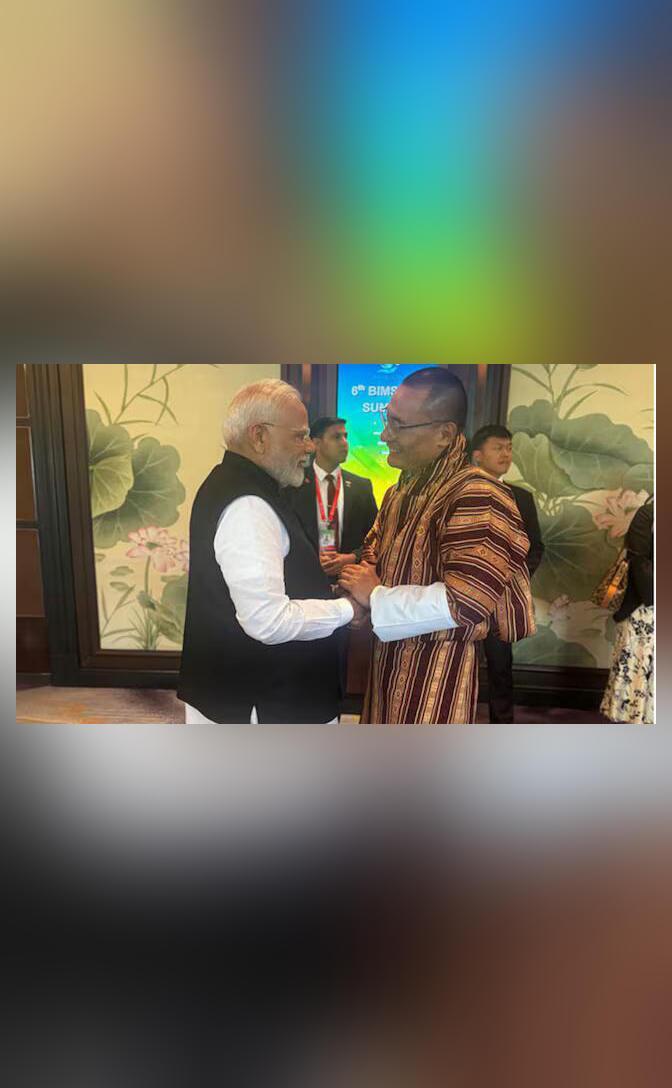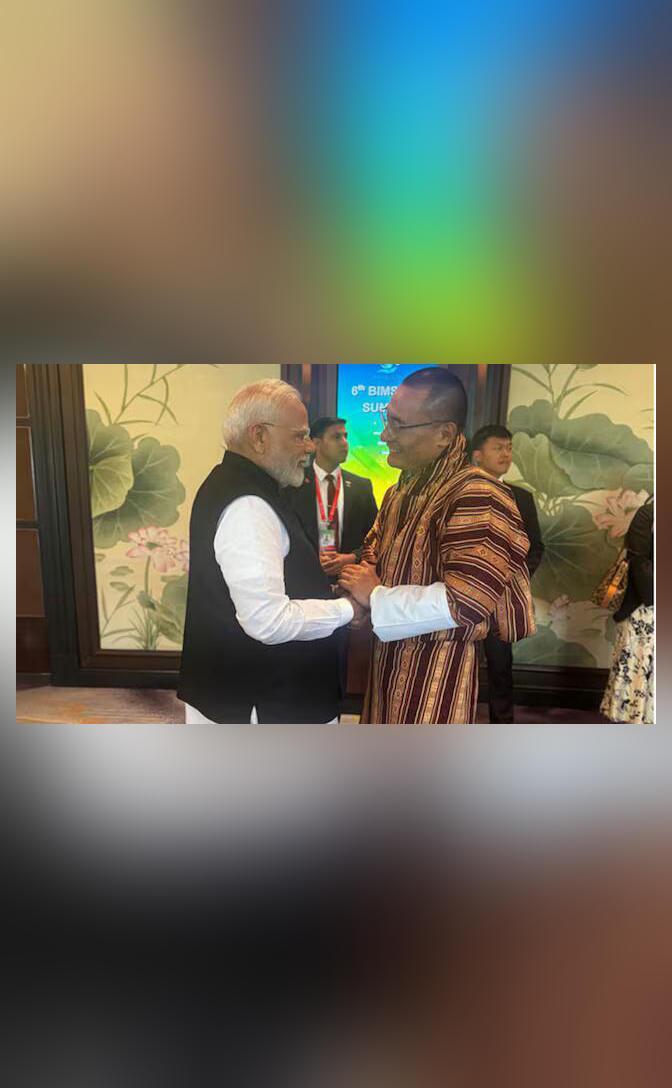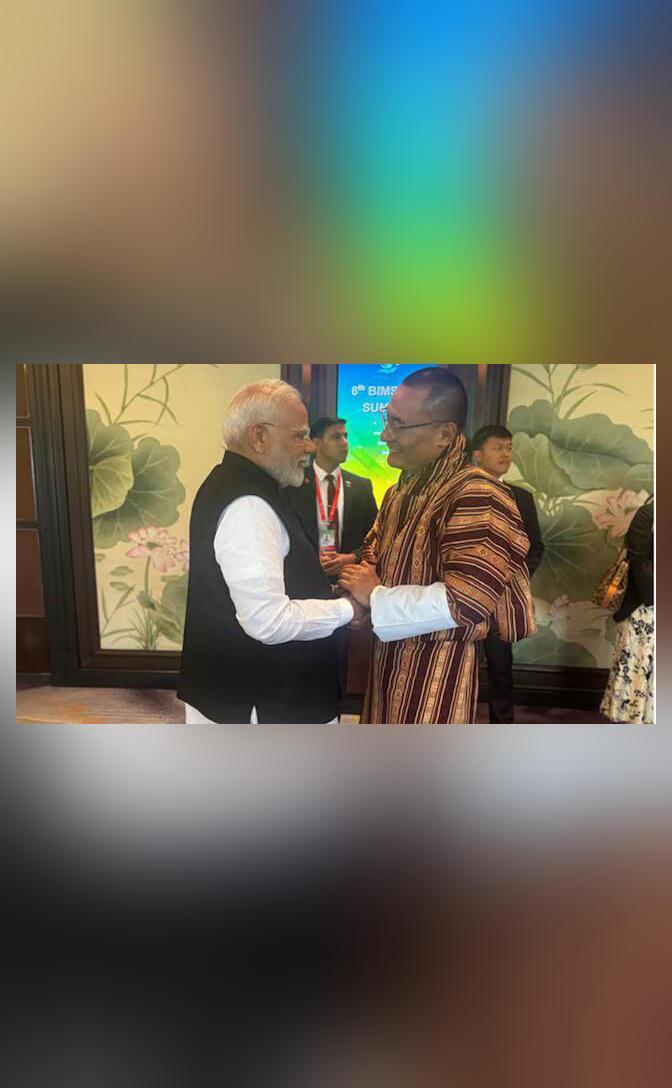Privilege Motion Moved Against Rahul Gandhi in Parliament
In a tit-for-tat move, BJP MP Nishikant Dubey has given a notice of breach of privilege against Lok Sabha Leader of Opposition, Rahul Gandhi. The move comes after Rahul Gandhi’s recent speech in the Lok Sabha, where he allegedly distorted historical and substantive facts. In a letter to the House Speaker Om Birla, Dubey accused Rahul Gandhi of attempting to ridicule the country and lower the prestige of the Republic.
The controversy surrounding Rahul Gandhi’s speech began when he addressed the Lok Sabha on the issue of the farmers’ protest. During his speech, he made certain remarks that were perceived as critical of the government’s handling of the situation. The BJP, which has been a vociferous supporter of the government’s stance on the issue, took umbrage with Rahul Gandhi’s comments, terming them as “distorted” and “unpatriotic”.
According to Dubey’s letter to Speaker Om Birla, Rahul Gandhi’s speech was replete with inaccuracies and half-truths. Dubey claimed that Rahul Gandhi had “deliberately” attempted to mislead the House and the nation by distorting historical facts. The BJP MP also accused Rahul Gandhi of trying to create a “false narrative” about the government’s policies and actions.
Dubey’s notice of breach of privilege is a serious allegation, and if found guilty, Rahul Gandhi could face severe consequences, including suspension or even expulsion from the House. The move is seen as a significant escalation in the ongoing political slugfest between the BJP and the Congress, with both sides trading barbs and accusations.
The controversy has also sparked a heated debate about the role of the opposition in Parliament. Critics of Rahul Gandhi have accused him of using his speech to score political points rather than engaging in a constructive dialogue with the government. On the other hand, supporters of Rahul Gandhi have defended his right to speak his mind and hold the government accountable for its actions.
This is not the first time that Rahul Gandhi has faced a privilege motion in Parliament. In 2018, he was accused of breach of privilege for his remarks against then-Union Minister Ravi Shankar Prasad. The motion was eventually withdrawn after Rahul Gandhi apologized for his comments.
The move to move a privilege motion against Rahul Gandhi has been seen as a clever tactic by the BJP to deflect attention from its own shortcomings and avoid a discussion on the real issues facing the country. By targeting Rahul Gandhi, the BJP is seeking to portray itself as a victim of the opposition’s “unpatriotic” behavior, rather than confronting the underlying issues that are driving the farmers’ protest.
Rahul Gandhi’s speech was widely seen as a strong critique of the government’s handling of the farmers’ protest. He accused the government of being insensitive to the plight of the farmers and of using them as a tool to score political points. He also alleged that the government was trying to divide the farmers by pitting them against each other.
The controversy has also raised questions about the role of the Speaker of the House in maintaining order and decorum in the Lok Sabha. Speaker Om Birla has been under pressure to take action against Rahul Gandhi, with some BJP MPs accusing him of being partisan and biased towards the opposition.
In conclusion, the move to move a privilege motion against Rahul Gandhi is a significant development in the ongoing political drama in Parliament. While the BJP is seeking to portray itself as a victim of the opposition’s “unpatriotic” behavior, Rahul Gandhi’s supporters see the move as a desperate attempt to divert attention from the real issues facing the country.
As the controversy continues to unfold, it is essential to remain objective and impartial. It is crucial to separate fact from fiction and to hold all parties involved accountable for their actions. Ultimately, the move to move a privilege motion against Rahul Gandhi is a reflection of the deepening political divide in the country, and it is up to the Speaker of the House to ensure that the proceedings in Parliament are conducted in a fair and transparent manner.




